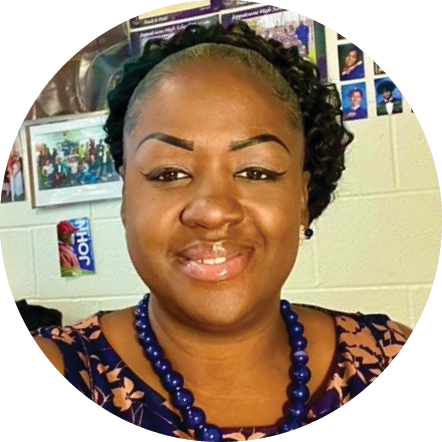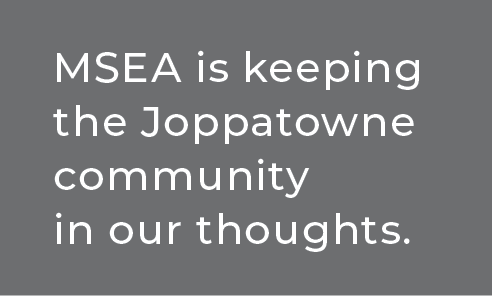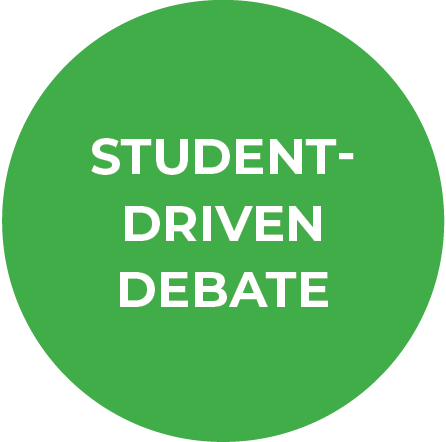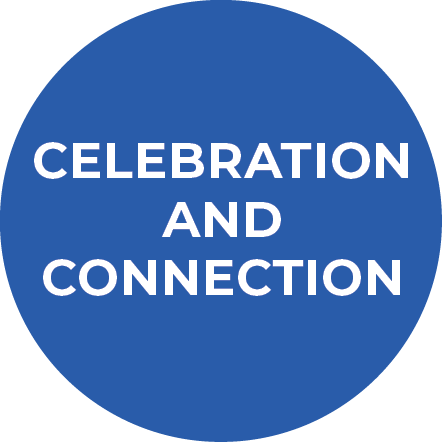Breakthroughs
Maximizing Opportunities for My Students and my Career

Erica Richardson is a social science teacher at Joppatowne High School and the 2024 Harford County Teacher of the Year. She holds bachelor’s and master’s degrees in secondary education from St. Thomas Aquinas College and is a board member of the Middle States Council for Social Studies.

For the past 25 years, I have been a social science teacher, driven by a love for history that began in middle school, coupled with a fascination for criminal justice. Though I once considered becoming a lawyer, teaching called to me as a way to reach more young people. After moving to Maryland, I had the opportunity to teach both world history and criminal justice, blending my two passions.
In my classroom, the atmosphere is one of celebration and connection. Every class starts with good news—whether it is a birthday, a new job, or a college acceptance. If you walk by, you might hear cheering or heated debates on controversial topics. I encourage my students to take risks, to embrace failure as a learning opportunity, and to never give up. I share my own setbacks with them, fostering a culture of transparency anresilience. I also encourage them to bring their cultural experiences into the classroom, reminding them that even as they graduate, they will always the Joppatowne High School Mariners.

I primarily teach juniors and seniors, and from day one, I focus on the whole student. Instead of relying on GPAs or past teacher feedback, I allow students to share their stories, believing that everyone deserves a fresh start. I discuss their post-high school plans and extracurricular activities, emphasizing how these final years can shape their future. One of the first projects I assign is a college and career exploration project. While this may not be included in our curriculum, it helps students familiarize themselves with important concepts like GPA, tuition, and employment trends. This project encourages them to see the connection between high school and their next chapter. It also allows me to build relationships with my students and sharing their findings can inspire classmates to consider new opportunities.
During professional development sessions, I seek new strategies that can be implemented as soon as possible. One effective method I use is silent conversations, where students respond in writing to prompts displayed around the room. While they are reminded to remain silent, they are encouraged to support a response they agree with by adding a star or checkmark. After the final rotation, we come together as a class to discuss each prompt. This approach fosters meaningful dialogue and can serve as an assessment or review tool.

In my criminal justice course, we engage in student-driven debates at the end of each unit. Students select topics and form teams, often switching sides to encourage diverse perspectives. These debates allow them to develop their argumentative skills in a supportive environment. After we complete the court system unit, we conduct mock trials where students select distinct roles in the courtroom. These activities inspire students to join our school speech and debate or mock trial teams.
For the past 10 years, I have contributed to my school in various roles. As the coordinator of the Homeland Security program, I help connect students to the community while tackling real-world issues. In my role as department chair, I support fellow educators in empowering our students to become future leaders. I also organize annual voter registration days to promote civic engagement among my students. And as the senior class advisor, I collaborate with the 12th-grade administrator and counselors to help students prepare for life.

